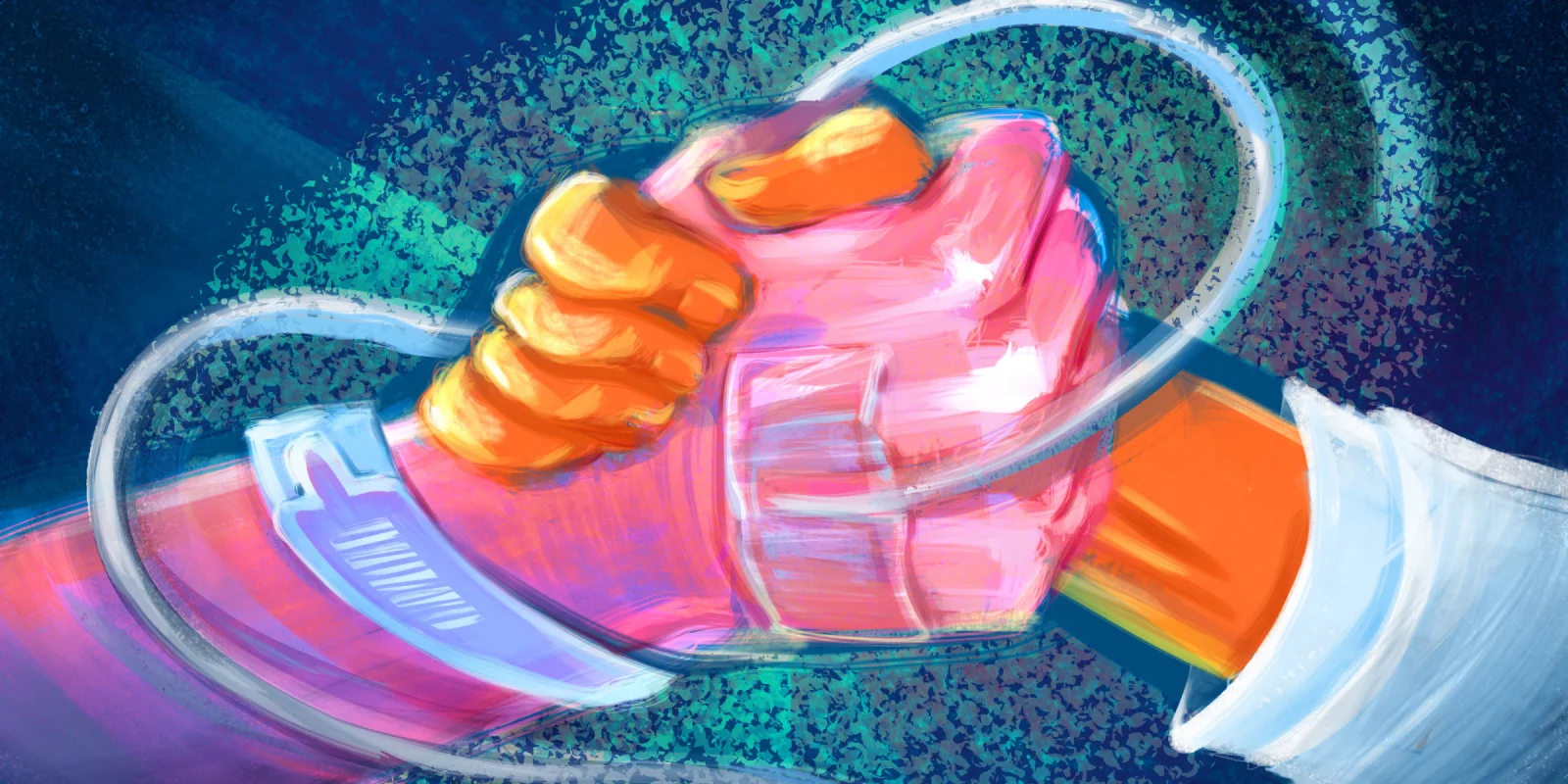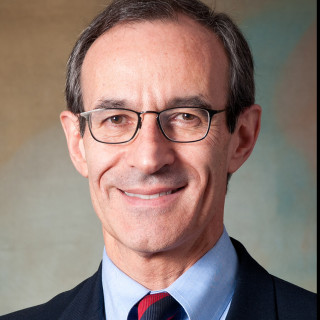This June will be the 40th anniversary of my graduation from medical school. Born and raised in Italy, I always attended the nearest public school, including the University of Milan Medical School. After completing my surgical education in the U.S., I have been practicing surgery for 32 years. I had great mentors, starting with my father and continuing with academic faculty colleagues and partners in my practice. But what has made me the surgeon I am today has always been spending time with my patients. Even during the pandemic, with more telehealth, more EHR, and ever-increasing documentation requirements, I feel most professionally fulfilled and comfortable when I directly interact with patients. Why? Do we become more proficient and confident at performing tasks that we find fulfilling? Does that make us feel good inside about the role we play in society? Do we then seek to re-experience such feelings of professional satisfaction? Does that create a virtuous cycle? Of course it does.
What I learned from my patients has not been limited to medical knowledge (e.g., history-taking, physical exams, disease pattern recognition, early diagnosis by screening, early detection of complications, etc.) I have also learned how my patients deal with adversity, how they approach bad news, how they admirably maintain their humanity and dignity even when their bodies are no longer what they once were. What examples of courage in the face of adversity! How else could I have learned that, other than from my direct observation on the battlefield? Yes, on the battlefield. We are disease fighters. We have that unique privilege. We are held to that commitment and profound responsibility to deserve our patients’ trust.
Several years ago, I met Paul. He battled metastatic neuroendocrine cancer for years. His cancer was deemed unresectable and he was not responding to any chemotherapy. He had developed malignant ascites, paracentesis became more frequent, and his oncologist asked me to implant a Denver shunt. It worked for several months but then became occluded. I replaced it and, for a while, the new shunt worked. Paul felt better until a portion of his tumor started bleeding internally. Attempts to stop the bleeding with non-surgical methods (endoscopy and interventional radiology) didn’t work. He and his family asked me to try and stop the bleeding with another operation. At 2 a.m., after five hours in the OR, everything that my colleagues and I had tried had not worked. I called his wife. She agreed to stop our futile efforts.
Early the following morning, I briefly paused in front of Paul's room, asking myself how I was going to tell him that we have run out of options. How much did he already know? How was he going to take this hopeless news? I had taught at Brown Medical School for many years. I even gave a specific lecture on how to deliver bad news. I considered myself relatively skilled at doing just that. But on that morning, having known Paul for years, knowing how much he wanted to go on, how much he trusted me, I didn’t know how to tell him that there was nothing else that we could do to prolong his life. I knocked on the door and walked in.
I was immediately surprised. He looked remarkably well, considering what we had done to him the night before. He was lying in bed, his head raised. He was completely lucid and didn’t look like he was in pain. He was serene. He spoke first. “Doc, I know you tried. You have done everything possible. I’m thankful for all that you’ve done for me. I’d like to go home today. Can you just let me go home today?”
I was briefly speechless, but I remember thinking to myself, “He’s in a state of grace — Nirvana — that’s what this really is.” All I could say was, “Thank you. Thank you for your kindness; it really means a lot to me. I’ll make sure that you get home today.” Paul actually felt sorry for me! Isn’t that incredible? And since that day, whenever I’m tired, upset, or frustrated, all I have to do is think about Paul’s words. His example of kindness, altruism, and generosity — at a time that I thought would be devastating for him — has inspired me to always try to be like him with my patients. Can you imagine what I would have missed had I not witnessed Paul’s incredible example of empathy? Thank you, Paul. You helped make me a better doctor, a better surgeon, a better human being. Young doctors, please find time to spend with your patients face-to-face, especially in their worst moments. It’s time well spent. Remember: it’s both a unique privilege and an opportunity to receive even more than you’re giving.
Have you ever had a patient that changed the way you approach medicine? If so, share your experience below!
Victor E. Pricolo, MD, FACS is the Chair of Surgery at Southcoast Health System and Clinical Professor of Medical Science at the Warren Alpert Medical School of Brown University
Illustration by April Brust







